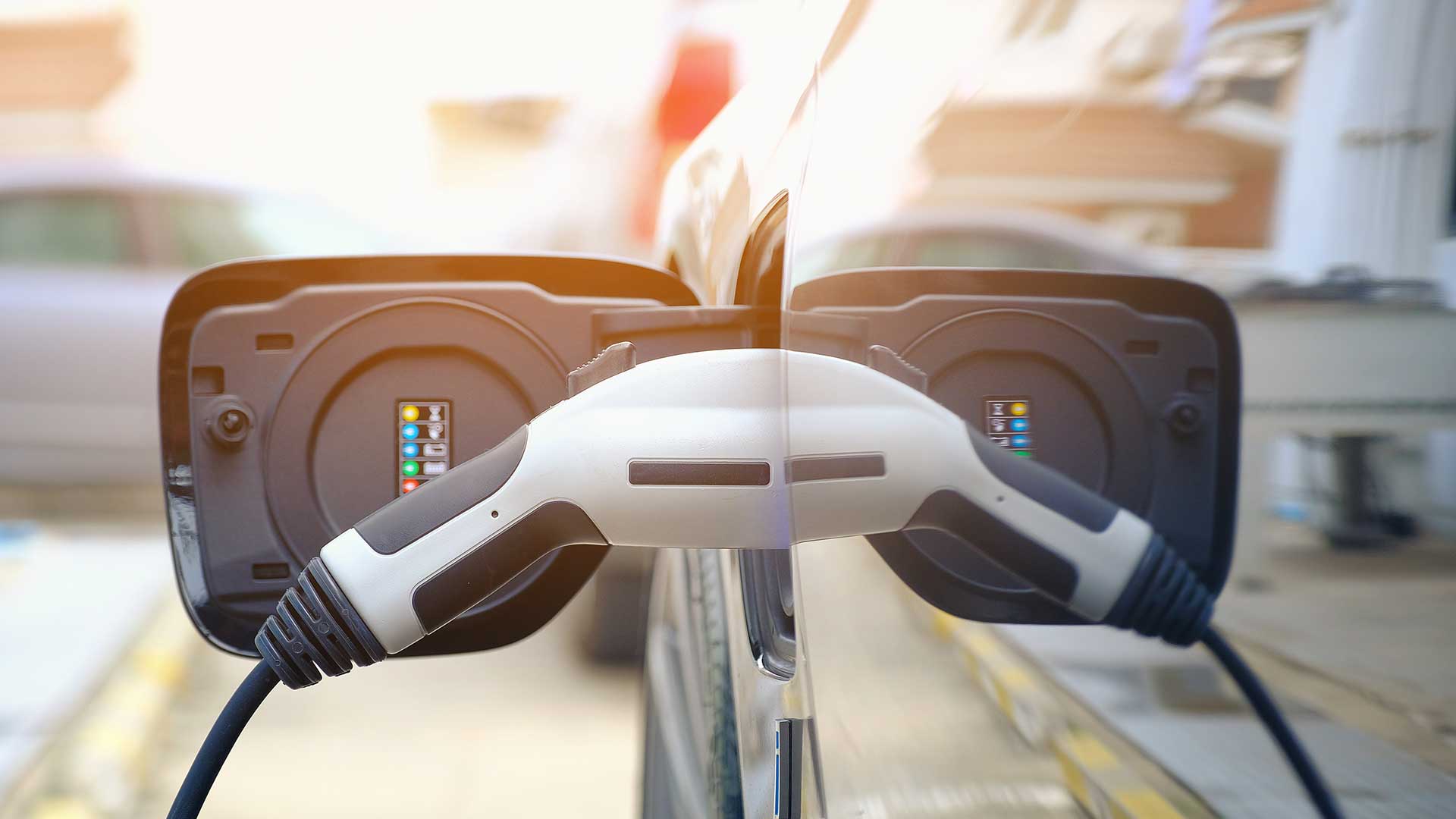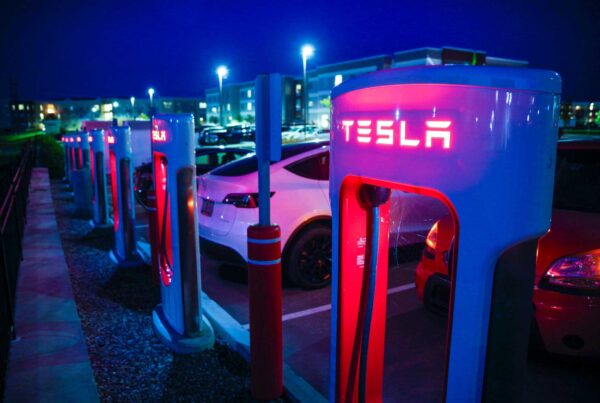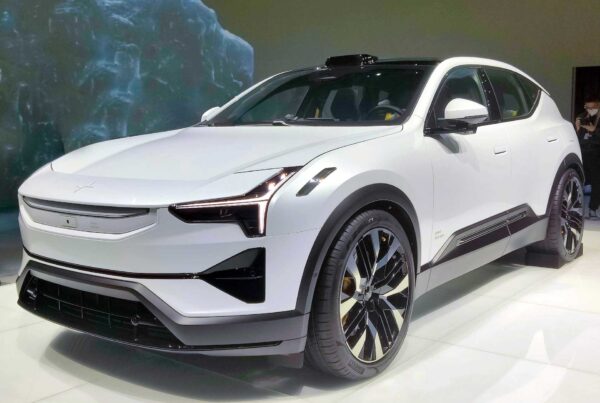There are a lot of great reasons to own an EV. But whether you purchased your electric vehicle because you’re trying to live a greener lifestyle or you’re simply fed up with having to fill up at the pump, there’s one challenge you’ll immediately need to address–how to charge your new ride.
It’s true that all EVs come equipped to tap into the power grid, right off the lot. The capability of converting AC house current to DC electricity needed by the vehicle is already built in. Nearly all models of EVs on the road today will have a basic 110-volt charging unit, ready to plug into a standard electric outlet using a traditional three-prong plug. This simple plug-and-charge action is known as Level 1 charging. But, you’ll soon find this method has its limitations when it comes to charging up and getting back on the road–you could end up spending anywhere from 8 to 24 hours just to get your vehicle’s power cell fully charged, depending on battery capacity.
It’s little wonder most EV owners soon make the decision to invest a few hundred dollars to have a professional install a dedicated 240-volt circuit to take advantage of what is termed Level 2 charging. Taking this step means reducing the time for fully charging their EV down to about 4 hours or less. If you’re ready to make the move to Level 2 charging, there are a few considerations to keep in mind. In addition to having the 240-volt circuit installed, you’ll also need to purchase an external Level 2 charging unit. This is sometimes also referred to as electric vehicle service equipment or EVSE.
These charging units come in two styles: wall-mounted and plug-in portable. Unless you have a need to take the charger with you, you’ll probably want to opt for a wall-mounted unit, though some systems offer the choice. Be sure your charging system is installed within close proximity of your vehicle’s charging port. That’s where some research could save you a few dollars, as you compare installation costs for a professional EV charging station installer. You can expect installation costs for a wall-mounted until to run a few hundred dollars, on top of the charging unit cost itself, which can range from $300 to $1,200, depending on what options you choose.
Charging your EV at home is not only convenient, but if you happen to live in an area where public charging stations are few and far between, it becomes a necessity. But wjth a growing number of charging station models out there, it can be mind-boggling trying to decide which home EV charging station is your best bet.
To help you find your way through the maze, here are five of the top-rated home charging systems for 2021 offering a range of price points and features:
Enel X Juice Box
Features: Compact, built-in WiFi, several styles to choose from, access to JuiceNet support, compatible with Amazon Echo/Alexa
Cost estimate: $629
ChargePoint Home Flex WiFi Enabled EV Charger
Features: Energy-Star Certified, WiFi, compatible with Alexa, available in choice of hardwired or plug-in models, up to 50A charging for 37 miles of range per hour
Cost estimate: $1,257
Learn More
Siemens VersiCharge Home Charger
Features: Multiple versions available, flexible control, three-year warranty offered
Cost estimate: $799
ClipperCreek HCS-40 EV Charging Station
Features: 32 amp, compact, lockable connector, three-year warranty
Cost estimate: $565
Morec Level 2 EV Charger
Features: Portable, low-cost no-frills model, 32-amp charger, IP66 rating
Cost estimate: $330
For a more comprehensive list of EV charging station installers for these systems, check out our online directory.





